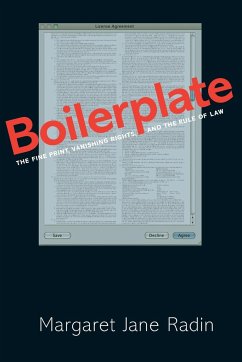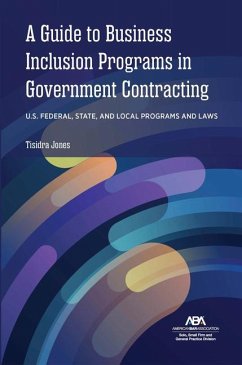
A-Z Guide to Boilerplate and Commercial Clauses

PAYBACK Punkte
118 °P sammeln!
Need help with contract clauses, but only got a few minutes? An alphabetical, quick-access guide to all you need to know: The purpose and effect of common clauses, explaining the relevance of each, with illustrative examples. Now covers: The meaning of: 'Breach' 'Substantial' and 'material' in clauses for termination 'Beyond reasonable control' in force majeure cases When a priority of terms clause will operate Whether rules applying to penalties also apply to deposits The legal effectiveness of 'no amendment' or 'no variation' clauses Legal frameworks and how the courts will view such clauses...
Need help with contract clauses, but only got a few minutes? An alphabetical, quick-access guide to all you need to know: The purpose and effect of common clauses, explaining the relevance of each, with illustrative examples. Now covers: The meaning of: 'Breach' 'Substantial' and 'material' in clauses for termination 'Beyond reasonable control' in force majeure cases When a priority of terms clause will operate Whether rules applying to penalties also apply to deposits The legal effectiveness of 'no amendment' or 'no variation' clauses Legal frameworks and how the courts will view such clauses during a dispute >Also includes: A step-by-step commentary Examples of best practice in different situations Detailed notes on each type of boilerplate clause A summary of relevant law, including statutory definitions and case law >This title is included in Bloomsbury Professional's Company and Commercial Law online service.
Dieser Artikel kann nur an eine deutsche Lieferadresse ausgeliefert werden.




![The New Conveyancer [microform]: a Compendium of Conveyancing Precedents Adapted to Meet the Present Law, Comprising Forms in Common Use, With Clauses Cover The New Conveyancer [microform]: a Compendium of Conveyancing Precedents Adapted to Meet the Present Law, Comprising Forms in Common Use, With Clauses](https://bilder.buecher.de/produkte/65/65566/65566766n.jpg)







